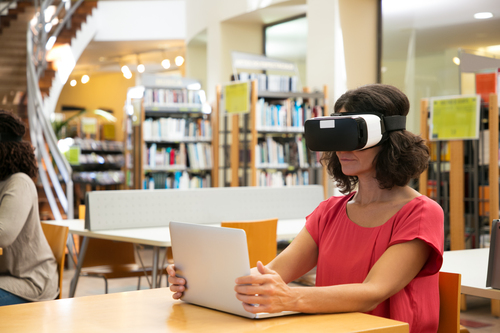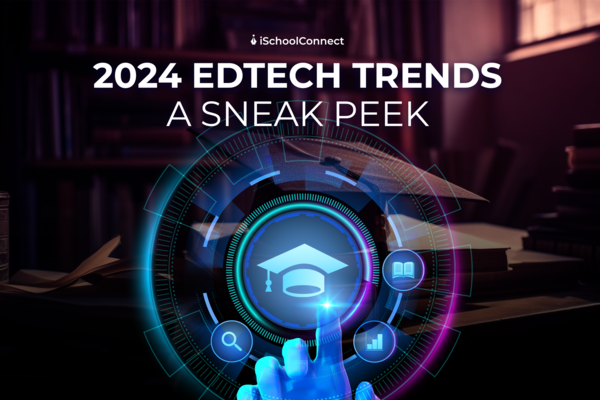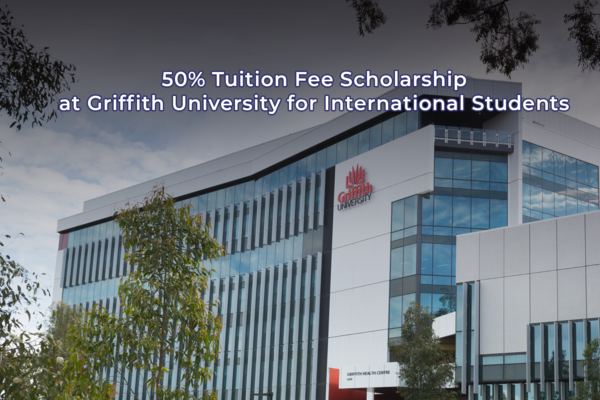Table of Contents
The EdTech industry
The EdTech industry has witnessed remarkable breakthroughs in 2023, reshaping traditional learning methods and paving the way for a future where education meets innovation. Anticipating a global EdTech market value of $433 billion by 2030, 2024 is poised to bring forth transformative trends in the education sector.
Nano learning
In response to the evolving tastes of Generation Z, the education landscape is embracing Nano Learning—brief, engaging learning techniques. Students, with shorter attention spans, prefer concentrated content like short films and podcasts. Educators are thus adopting interactive, visually appealing methods to align with modern preferences and foster inclusivity.
Immersive learning
Immersive technologies, specifically Virtual and Augmented Reality (VR/AR), are set to revolutionize classrooms as part of the latest EdTech trends. Envision students taking virtual field trips, exploring historical landmarks, or engaging in lifelike simulations. These technologies promise to engage students in ways traditional methods cannot, enhancing the overall learning experience.
Quantum computing
Quantum Computing is poised to flip the educational paradigm by providing valuable insights into students’ daily performance. Handling massive datasets, Quantum Computing enables personalized learning paths, uncovering critical gaps that influence academic achievements. This approach promises to reshape teaching methodologies and enhance overall learning efficacy.
Gamification of learning
Gamification is gaining prominence in education, offering game-like elements such as badges and leaderboards to boost engagement and motivation. This interactive approach makes learning enjoyable, fostering active participation and critical thinking. Learners set objectives, track progress, and engage in friendly competition, creating a sense of accomplishment.

Blending virtual and physical education
Accelerated by the pandemic, hybrid learning incorporates both in-person and virtual elements. Advanced Learning Management Systems (LMS) are blurring the lines between traditional classrooms and online resources. These technologies enable immersive learning experiences, providing flexibility and adaptability in various educational settings.
Collaborative learning interactions
The future of education focuses on student collaboration and social interaction. This emphasizes group projects, peer-to-peer learning, and global connectivity, mirroring the collaborative dynamics of real-world workplaces.
Mental wellness integration
In recognition of the growing importance of mental health, future EdTech platforms will integrate resources and tools to support students’ emotional well-being. This includes mindfulness exercises, stress-relief strategies, and mental health resources parallel to academic programs.
Blockchain for security
Introducing blockchain technology ensures secure storage and verification of credentials in the educational environment. Digital certificates and badges on the blockchain guarantee transparency, security, and easy verification for institutions.
The convergence of technology and education is not just about innovation—it’s about redefining the future of learning. As these futuristic trends unfold in 2024, education becomes more accessible, engaging, and successful for the next generation of students worldwide. The EdTech industry is at the forefront of transforming education, creating a dynamic and inclusive learning environment for the future.






